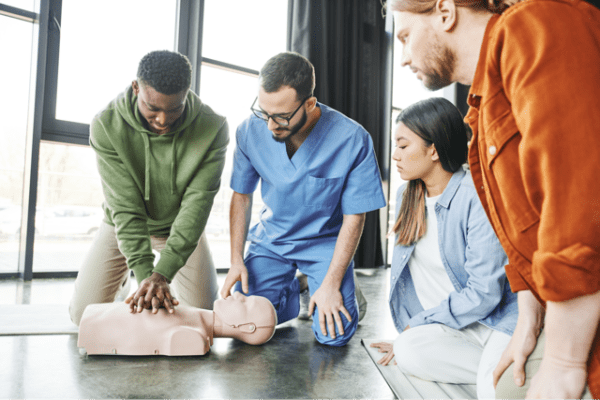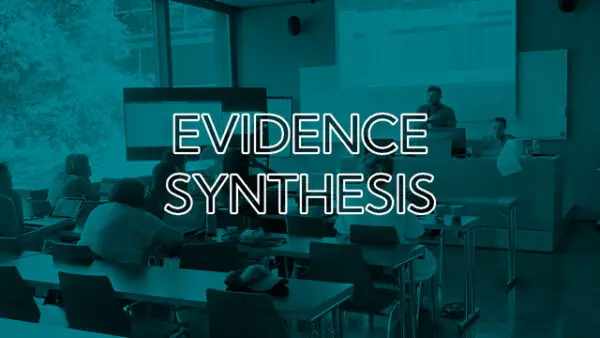
Utrecht, Netherlands
Paediatric Sport and Exercise Medicine
When:
18 August - 22 August 2025
Credits:
1.5 EC
Read more
Medical School
When:
30 June - 18 July 2025
School:
University of Sussex Summer School
Institution:
University of Sussex
City:
Country:
Language:
English
Credits:
15 EC
Fee:
2645 GBP

Medical Imaging is an umbrella term encompassing different techniques that depict the human body in order to diagnose and monitor medical conditions. Medical imaging plays a central role in medicine and global healthcare and has become indispensable in assessing and documenting the course of a wide range of diseases and response to treatment. Furthermore, medical imaging provides scientists with the tools necessary to develop, test, and track novel treatments for diseases such as cancer, dementias, cardiovascular and cerebrovascular diseases.
Medical imaging is arguably the most multi-disciplinary field in modern science and technology. Development, implementation, and application of imaging methodology requires expertise from engineering, computer scientists, chemists, biologists, clinicians -- to mention a few. Medical imaging is also one of the areas where AI tools may prove crucial in narrowing the healthcare disparities across the globe. This course is designed with this diversity of students’ backgrounds in mind.
The course will cover the fundamental principles of medical imaging, including the basics of the 4 major medical imaging methods: Ultrasound, X-Ray CT, PET, and MRI. The focus will be on MRI and how it is used to capture both the anatomy and function of the human brain. The course will also provide hands-on experience with acquiring brain images using a 3T MRI scanner. Students will learn how to process and characterize MRI images from healthy volunteers. Functional MRI (fMRI) data will be used to learn the basics of statistical analysis used in neuroscience research.
Students will have the opportunity to interact with the MRI team and also with clinicians and neuroscientists who use the MRI for research.
Our modules are designed so that anyone with no prior experience in the area of study can participate and expand their academic horizons.
The course is a level 5 course, thus the level of difficulty is the equivalent of a year 2 module
1. Describe the fundamental physical principals that result in the image intensity variations seen in X-Ray, Ultrasound, Magnetic Resonance imaging (MRI), Positron Emission Tomography (PET) and Single Photon Emission Computed Tomography (SPECT)
2. Acquire anatomical images of the brain using a 3T MRI scanner and describe how mathematical concepts such as spatial resolution, signal to noise ratio (SNR), point spread function (PSF), are used to interpret the images.
3. Understand the role of social, cultural, political, economic, and other elements as determinants of health.
4. Design a simple functional MRI paradigm (fMRI) and acquire fMRI images on a 3T scanner. Describe how spatial and temporal resolution interact in fMRI acquisitions.
5. Apply mathematical tools, such as Fourier transform, and available software to analyse the fMRI images acquired on a 3T scanner.
Fee
2645 GBP
The full cost of one 3-week Undergraduate Summer School session will be £2,645. Early applications will receive a 20% reduction on tuition fees, making the overall cost of one 3-week Undergraduate Summer School session £2320. If you wish to study for both sessions, we welcome you to do so. This is made up of Tuition fees of £1,625 per session including all teaching and assessment for one module of study. Where field trips or course excursions are required then the cost of this is included in the tuition fee, however travel costs may be required. A minimum of 150 study hours, with a minimum of 40 hours class/teaching contact hours. Modules formally approved for 15 Sussex credits, equivalent to 7.5 ECTS or 3 – 4 US credits. You will receive a transcript of studies upon successful completion of the module (including meeting all attendance and assessment requirements). A £300 lab fee will apply if your module involves lab work. The accommodation and student life programme fee of £1,020 per session includes your own bedroom in on-campus student village. These are a mixture of en-suite flats and standard flats with shared facilities. You will receive a bedding pack of duvet and duvet cover, sheet, towel, pillow, and pillowcase, as well as a kitchen pack containing everything you need for self-catering. The fee includes a programme of campus social events and activities throughout each session. Excursions and social programme trips will also be provided on Fridays.
When:
30 June - 18 July 2025
School:
University of Sussex Summer School
Institution:
University of Sussex
Language:
English
Credits:
15 EC

Utrecht, Netherlands
When:
18 August - 22 August 2025
Credits:
1.5 EC
Read more

Lugano, Switzerland
When:
18 August - 20 August 2025
Credits:
1 EC
Read more

Bydgoszcz, Poland
When:
01 August - 31 August 2025
Credits:
0 EC
Read more